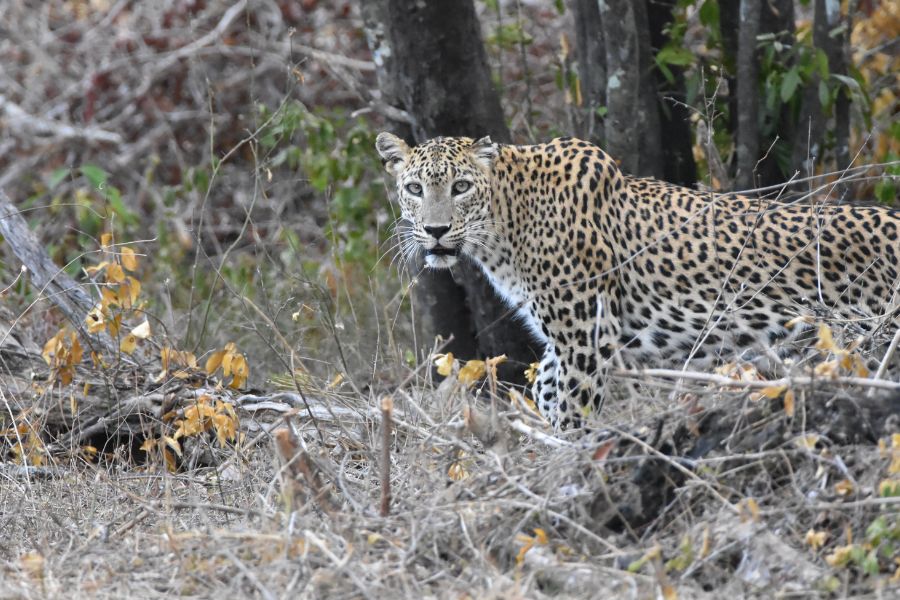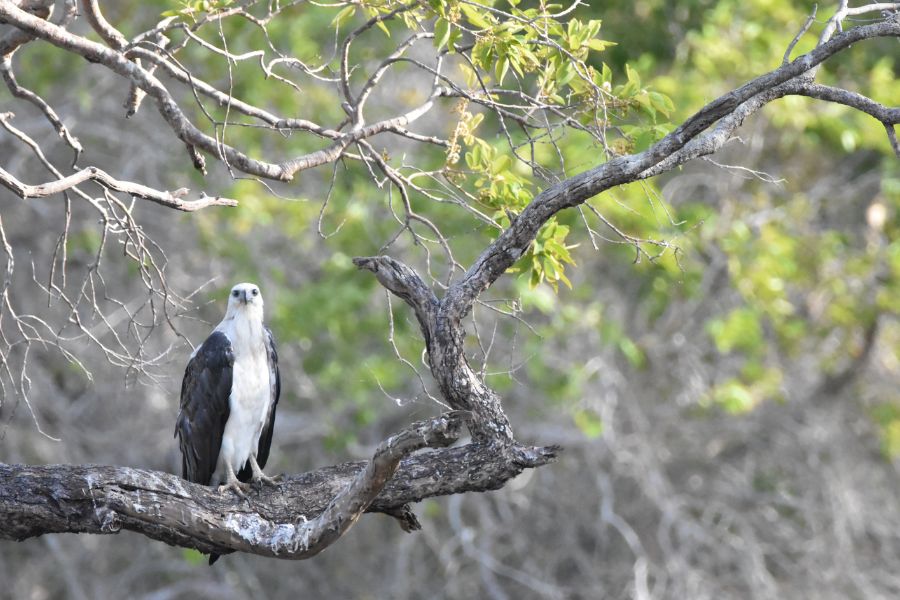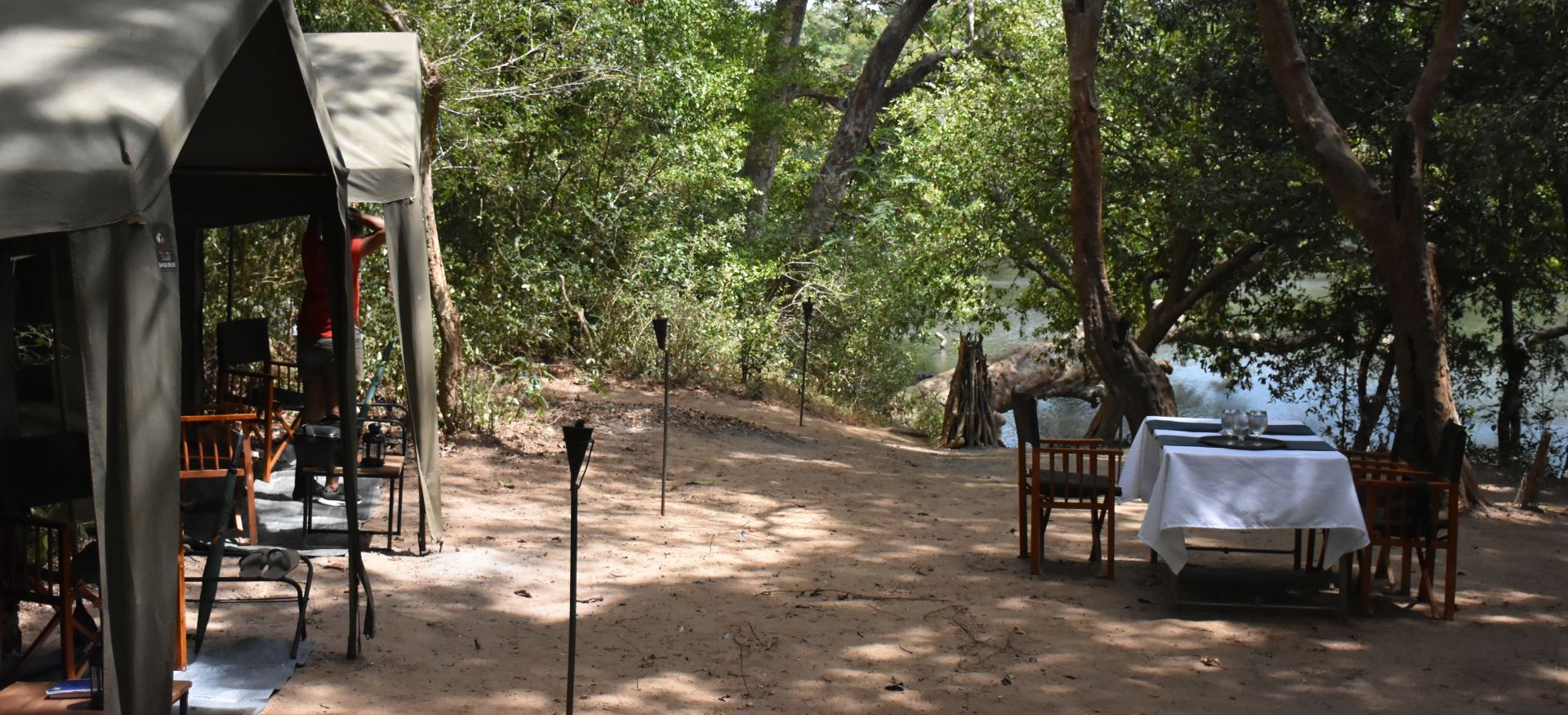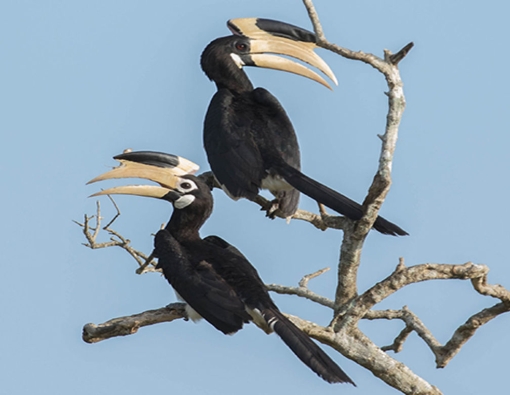
Private Tented Safari Camp Experience in Kumana National Park
Explorer by Mahoora is a highly unique and immersive experience of living with untamed Sri Lankan wildlife inside National Parks and Nature Reserves across the country.
Our Private Tented Safari Camp Experience in Kumana National Park isolates you in the wetlands surrounded by dry tropical thorn forest.

Explorer by Mahoora is a highly unique and immersive experience of living with untamed Sri Lankan wildlife inside National Parks and Nature Reserves across the country.
Our Private Tented Safari Camp Experience in Kumana isolates you in the wetlands surrounded by dry tropical thorn forest.

The magical setting in the silent wilderness where the traditional flame torches light up and roar to the tune of the wind while campfire dancing alongside under a starry sky is the place to sit back and relax as we take care of you.
Itinerary
Schedule for the Day 1
Arrival at Entrance to Kumana National Park - meeting point at 12.30 hr
Drive to Explorer by Mahoora campsite situated inside Kumana National park in a 4WD safari jeep
Lunch at the campsite inside Kumana National Park
Evening Jeep safari in the Kumana National Park
Return to the campsite
B.B.Q. Dinner around the campfire

Facts
A tent (15.6’x8’) with accommodation, an en-suite bathroom, and a private veranda/porch
Tented accommodation with raised beds with freshly laundered bed linens and a bedside table along with basic amenities
Fully-sealed tent with ventilation nets
Equipped with a shoe rack and two foldable arm chairs
One rechargeable table top fan is provided in the bedroom
A rechargeable lantern is provided for illumination
The veranda/porch includes two chairs and a coffee table

Wildlife safaris at the Kumana National Park Sri Lanka
Kumana National Park is frequented by bird enthusiasts who flock to catch a glimpse of the stunning avifauna that call this park home. As it is adjacent to Yala National Park many of the animals such as the Sri Lankan Leopard and the Sri Lankan elephant can be routinely spotted too.
History and Description of Kumana National Park Sri Lanka
Originally known as Yala East National Park, it was renamed as Kumana National Park in 2006. Kumana has an average annual temperature of 27 degrees Celcius and an annual rainfall of 1,300 millimetres and ranges from sea-level to the low height of 90 metres.
There are some 20 lagoons and tanks here which are major contributors to diversity of birdlife that can be seen at Kumana, most of which are water and wading species. These tanks can be less than 2 metres deep and are often flooded by seawater. The Kumana Bird Sanctuary, within the boundary of Kumana National Park, was declared a protected area in 1938, and is rated as one of the most important breeding grounds for birds in Sri Lanka.
Ancient cave inscriptions have been discovered here dating back to the 1st and 2nd Centuries BC. Buddhist and Hindu devotees annually cross the Kumana area on their foot pilgrimage to the nearby Temple at Kataragama.
A total of 255 species of birds have been recorded at Kumana. Commonly seen on a birding safari are Pelicans, Painted Storks, Spoonbills, White Ibis, and Cormorants. The very rare Black-necked Stork has also been spotted.
Most commonly seen are the Pacific Golden Plover, Greater Sand Plover, Lesser Sand Plover, Grey Plover, Ruddy Turnstone, Little Ringed Plover, Wood Sandpiper, Marsh Sandpiper, Common Redshank, Common Sandpiper, Curlew Sandpiper, Little Stint, Common Snipe, and Pintail Snipe.
The Asian Openbill, Glossy Ibis, Purple Heron, Great Egret, Indian Pond Heron, Black-crowned Night Heron, Intermediate Egret, Little Egret, Spot-billed Pelican, Indian Cormorant, Little Cormorant, Common Moorhen, Watercock, Purple Swamphen, White-breasted Waterhen, Pheasant-tailed Jacana, Black-winged Stilt, Lesser Whistling Duck and Little Grebe migrate here in large flocks which the Pintail fly 9,000 kilometres from far away Siberia. Rare migrants include Yellow-footed Green Pigeon, Greater Racket-tailed Drongo, Malabar Trogon, Red-faced Malkoha, and Sirkeer Malkoha.
Kumana is also home to some of the mammals found in the neighbouring Yala National Park such as elephants and leopards which can also be seen on safari. Other animals which reside inside Kumana National Park include the Golden Jackal, the European Otter. It is also reported that approximately 30-40 Sri Lankan elephants reside in the park, although they do crossover to Yala National Park.
The park's wetland areas are surrounded by dry zone tropical thorn forest. The inland forest's flora consists mainly of Manilkara hexandra which is known as Palu in Sinhalese. There are also a range of aquatic plants, trees and reeds.




